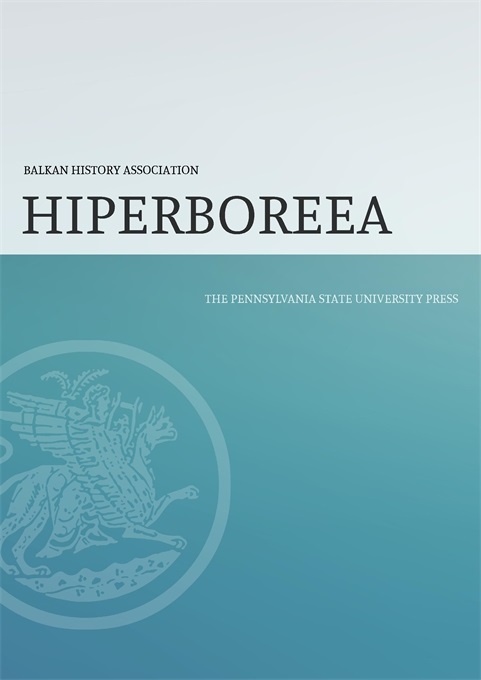
From Attila Bárány’s foreword we learn that this volume is the proceedings of an international conference Mercenaries and Crusaders (1202–1480) held between June 22-24, 2022 at the University of Debrecen. Spanning 451 pages, and comprising 25 individual papers, Mercenaries and Crusaders brings together a diverse array of essays from leading historians, each contributing to their expertise to shed light on the multifaceted roles of mercenaries and crusaders. The essays delve into the motivations, experiences, and consequences of being a mercenary or a crusader, moving beyond stereotypical portrayals to uncover the human dimensions of these roles. From detailed analyses of contractual arrangements and the logistics of medieval warfare to personal narratives, these essays offer a nuanced picture that is both enlightening and engaging.
The collection spans from the First Crusade’s battles to the intricate political and military landscapes of 15th-century Europe, presenting a richly detailed examination of the multifaceted roles of mercenaries and crusaders in medieval warfare and society. This volume reveals a deep dive into the historical narratives, analyses, and scholarly debates surrounding these two groups across various geographical and temporal contexts.
Each chapter, while distinct in focus, contributes to a cohesive narrative about the complexities of mercenary life and the ideological, economic, and social currents that shaped the Crusades. The range of topics covered is impressive, starting with Sándor Ónadi’s exploration of the clergy’s role in the First Crusade, moving to essays like Benjámin Borbás’s investigation into the spoils of war, and Attila Bárány’s detailed accounts of specific figures and events such as Richard I’s return from the Holy Land and the insights of Gábor Barabás on the Hungarian crusade against heresy, thus illuminating the logistics, challenges, and human experiences behind the epic tales.
The inclusion of studies on specific groups and individuals, such as the Turcopoles in Zsolt Hunyadi’s chapter and the life of Pedro Sanches in Rui Pedro Neves’s work, enriches the volume with perspectives on the diverse participants in these military endeavors. This diversity is further highlighted in discussions on the roles of Lithuanian troops, Serbian mercenaries, and multicultural forces under King James II of Cyprus, showcasing the international scope of medieval warfare and the complex networks of allegiance and opposition it engendered.
Several chapters stand out for their focus on specific historical moments or regional studies, such as Gergely Kiss’s examination of the Conrad of Urach and Ölbei Tamás’s look at Hungarian mercenaries in Florence. These studies not only provide detailed accounts of individual contributions to crusading efforts but also reflect on the broader implications of mercenary involvement in political and military strategies.
One of the strengths of this volume is its geographical and thematic breadth. The thematic breadth of the book is impressive, covering topics from the ideological underpinnings of warfare, as seen in Mihály Boda’s analysis of just war doctrine, to the practical concerns of military organization and strategy, as discussed in László Szokola’s chapter on urban military roles. From the examination of Turcopoles by Zsolt Hunyadi to a detailed study of Lithuanian troops in Yanina Ryier’s contribution, the book traverses a vast expanse of medieval European history. It delves into the heart of mercenary uprisings in Apulia, Hungarian mercenaries’ roles in various European conflicts, and the involvement of diverse groups such as the multicultural mercenaries of King James II of Cyprus.
Chapters on the ideological aspects of crusading, such as Imre Solt Varga’s case study on the anti-Hussite crusade and Attila Györkös’s analysis of the crusading idea in Franco-Hungarian relations, reveal the deep entanglement of religious, political, and personal motivations behind these expeditions. Moreover, the inclusion of studies on the aftermath of battles, the emergence of just war doctrine, and socio-political theories related to warfare, as seen in the contributions by Ferenc Petruska and Zoltán Jobbágy, offer readers insightful perspectives on the consequences and ethical considerations of medieval conflicts.
The book does not shy away from the less explored corners of crusading history, with chapters such as Alexandru Simon’s work on the humanist frontiers of the Ottoman Empire highlighting the evolution of crusading thought well into the Renaissance. Saul António Gomes’ paper on the idea of crusade in Portugal through the 15th century broadens the reader’s understanding of the crusading era.
This book is an invaluable resource for anyone interested in the intersection of military, political, and social history in the medieval world, with a focus on both the figures of mercenaries and the broader historical currents of the Crusades. Through its 451 pages, this meticulously curated volume showcases a rich tapestry of scholarship that sheds light on the complexities, nuances, and multifaceted dimensions of its subjects. These essays collectively offer a nuanced understanding of the motivations, challenges, and impacts of mercenaries and crusaders, highlighting the human dimensions of warfare and its lasting influence on European history.
In conclusion, this volume is a must-read for scholars, students, and anyone interested in medieval warfare, the Crusades, or the history of mercenary forces. Its contributions to the field are significant, offering fresh insights into the intricate interplay of warfare, ideology, and society in medieval Europe.
Ardian Muhaj, PhD, Institute of History, Tirana


